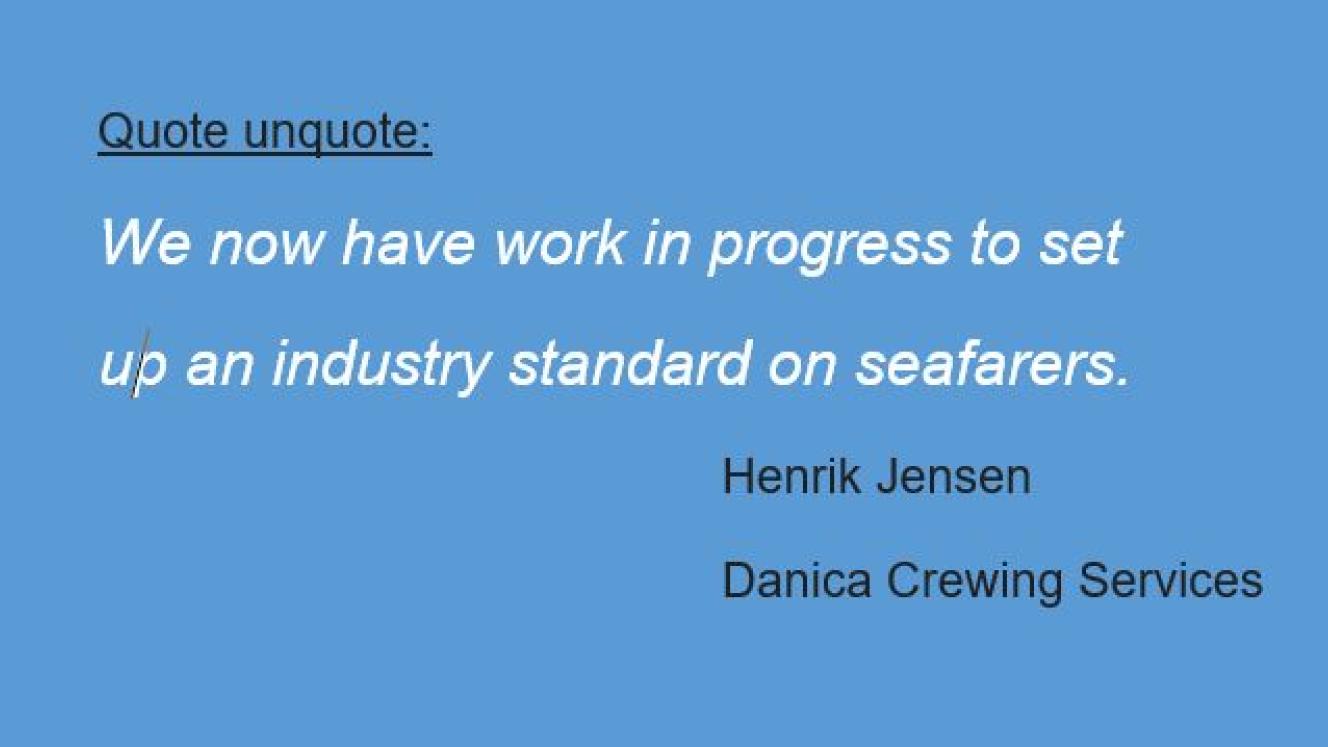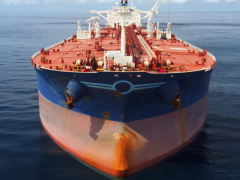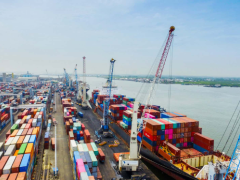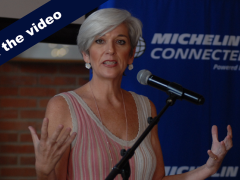Maritime organisations around the world are joining forces to create an industry standard for measures to be put in place for crew quarantine and repatriation under Covid-19 conditions.
“At present every country has its own set of rules. As a collective industry we now have work in progress to set up an industry standard on how joining seafarers should be tested and stay in self-isolation before travelling etc,” said Henrik Jensen, founder of Danica Crewing Services. “This would allow seafarers to cross borders and move to their vessels, and reduce the risk to existing crew members of bringing the virus onboard.”
He said one of the biggest hurdles at present was the lack of commercial flights to facilitate crew changeovers. The consortium is in the process of identifying key ports and investigating flight charter options.
However, if the group can secure flights the costs will not be cheap. “Chartered flights are expensive and so are the majority of the remaining commercial flights.”
And there’s a knock-on effect for ship operators. Covid-19 test kits are expensive and, in addition, many crew members are being paid extra salary as compensation for staying longer onboard or spending time in quarantine facilities. “Shipping companies are already under financial pressure, with ships being idle, and I am afraid a huge crisis is looming,” he said.
When the pandemic begins to dissipate and global coronavirus restrictions are relaxed, crew change problems may become even more challenging, in his view. “The world is not going to open up in one go – countries will come back step by step. The number of crew who are overdue being relieved is growing and to change large numbers of crew who will need to be replaced or moved at that time will be a challenge, particularly if ship operators are trying to remain within existing budgetary restrictions. We also need to bear in mind that replacing an entire crew who are overdue could jeopardise the safe operation of the vessel.”
“In addition, the workplace will have to adapt as social distancing and other physical restrictions are likely to continue for the rest of the year – certainly that is what some leaders, such as the German Chancellor, have indicated.”













